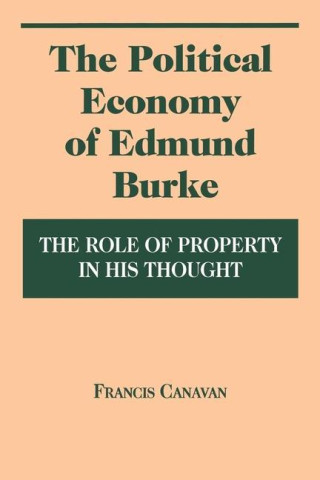
Code: 04940234
Political Economy of Edmund Burke
by Francis Canavan
In Edmund Burke: A Bibliography of Secondary Studies to 1982 Clara Gandy and Peter Stanlis write, One of the large unanswered questions is how Burke's economic theory is related to his political theory, and whether they are comple ... more
- Language:
 English
English - Binding: Hardback
- Number of pages: 185
Publisher: Fordham University Press, 1994
- More about this

97.34 €

Low in stock at our supplier
Shipping in 13 - 16 days
Potřebujete více kusů?Máte-li zájem o více kusů, prověřte, prosím, nejprve dostupnost titulu na naši zákaznické podpoře.
Add to wishlist
You might also like
-
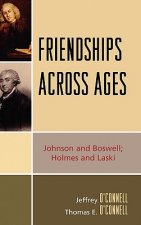
Friendships Across Ages
146.06 € -
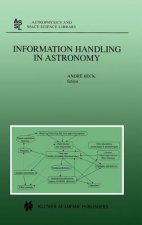
Information Handling in Astronomy
121.04 € -

Tagesbegleiter
17.64 € -7 %
Give this book as a present today
- Order book and choose Gift Order.
- We will send you book gift voucher at once. You can give it out to anyone.
- Book will be send to donee, nothing more to care about.
More about Political Economy of Edmund Burke
You get 244 loyalty points
 Book synopsis
Book synopsis
In Edmund Burke: A Bibliography of Secondary Studies to 1982 Clara Gandy and Peter Stanlis write, One of the large unanswered questions is how Burke's economic theory is related to his political theory, and whether they are complementary or contradictory.Canavan is the first to offer a book-length treatment of this question, and in so doing, he places the strength of his argument largely on primary sources rather than a patchwork of previous interpretations. Canavan aims to show that Burke's own emphasis was no on capitalistic laissez-fair economics, as has been assumen, but that his goals were primarily political and cultural. Namely, Burke sought the preservation and development of an aristocratic and Christian civilization supported economically by a leading class of landed property owners. This study projects a new profile of Burke which challenges C.B. Macpherson's sketch of him as a bourgeois capitalist, or, as depicted by J.B. Plumb and Frank O'Gorman, as a hired philsopher of the Whig Oligarchy. Nor does Canavan's study present the philosopher as one who would declare war on the poor,as Gertrude Himmelfarb charged in her The Idea of Poverty. Burke emerges from Canavan's treatment as a Whiug who admired paternalistic government by the rich and virtuous whom he felt would govern as trustees for the benefit of the whole people. Burke did not support the notion that property by monopolized by any one class in society, but wanted the wealthy to empower intermediary institutions which would hold in check the control of the expansive state, whether that meant the Crown in Britain or the revolutionary state in France.
 Book details
Book details
Book category Books in English Humanities History Regional & national history
97.34 €
- Full title: Political Economy of Edmund Burke
- Subtitle: The Role of Property in His Thought
- Author: Francis Canavan
- Language:
 English
English - Binding: Hardback
- Number of pages: 185
- EAN: 9780823215904
- ISBN: 0823215903
- ID: 04940234
- Publisher: Fordham University Press
- Weight: 430 g
- Dimensions: 229 × 152 × 20 mm
- Date of publishing: 01. January 1994
Trending among others
-

Strange Death of Europe
15.22 € -22 % -

The Fourth Turning
20.57 € -6 % -

Beyond Band of Brothers
15.22 € -28 % -

Secret History
11.29 € -28 % -

Diana: Her True Story - In Her Own Words
10.99 € -25 % -
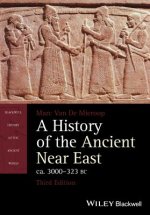
History of the Ancient Near East ca. 3000 - 323 BC 3e
55.57 € -

Where I Was From
10.28 € -28 % -
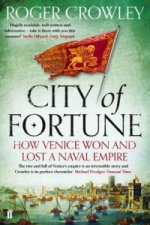
City of Fortune
14.31 € -22 % -
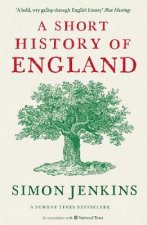
Short History of England
11.39 € -22 % -
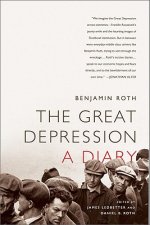
The Great Depression: A Diary
17.85 € -15 % -
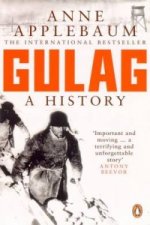
Gulag
15.32 € -27 % -
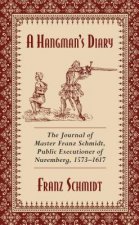
Hangman's Diary
12.10 € -25 % -
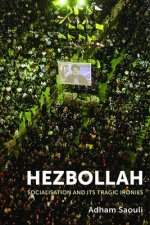
Hezbollah
29.55 € -4 % -
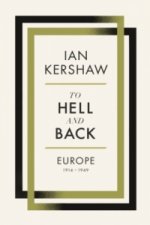
To Hell and Back
16.63 € -22 % -
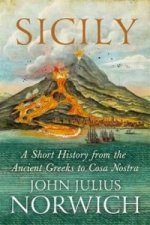
Sicily
16.53 € -22 % -
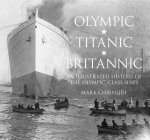
Olympic, Titanic, Britannic
28.13 € -19 % -

On China
17.14 € -13 % -

With the Old Breed
15.63 € -25 % -
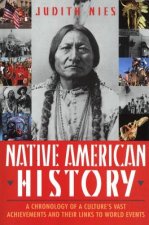
Native American History
20.77 € -13 % -

Life and Death of Anne Boleyn
22.89 € -4 % -
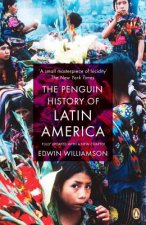
Penguin History Of Latin America
16.94 € -23 % -
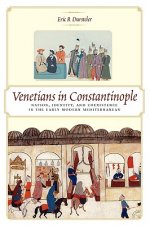
Venetians in Constantinople
36.41 € -

Few
10.58 € -18 % -
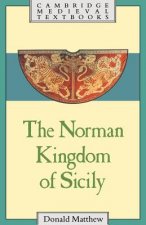
Norman Kingdom of Sicily
71.21 € -
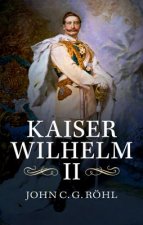
Kaiser Wilhelm II
27.23 € -11 % -
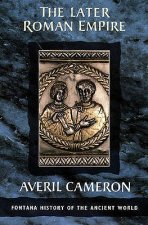
Later Roman Empire
9.47 € -15 % -
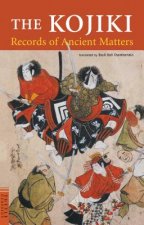
Kojiki
29.85 € -4 % -
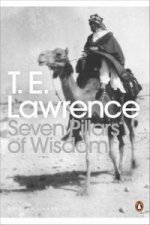
Seven Pillars of Wisdom
11.39 € -20 % -
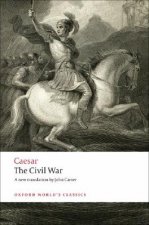
Civil War
11.29 € -28 % -

Century of Palestinian Rejectionism and Jew Hatred
9.37 € -16 % -
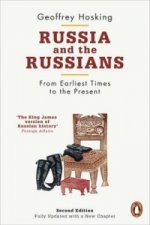
Russia and the Russians
19.36 € -27 % -
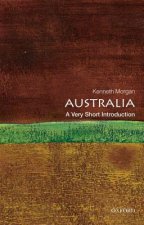
Australia: A Very Short Introduction
9.27 € -28 % -
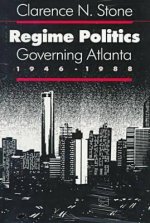
Regime Politics
37.82 € -

US HISTORY
11.89 € -1 % -

How to Write an IB History Essay
21.58 € -

Berlin
12.90 € -22 % -
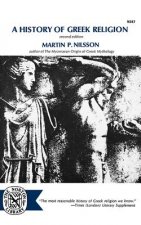
History of Greek Religion
22.38 € -13 % -
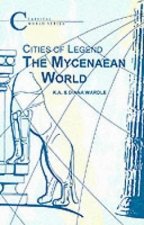
Mycenaean World
34.09 € -
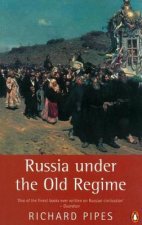
Russia Under the Old Regime
13.31 € -28 % -

French Army 1870-71 Franco-Prussian War (2)
16.63 € -10 % -
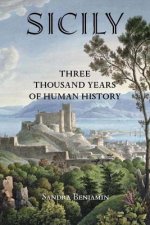
Sicily
29.04 € -8 % -
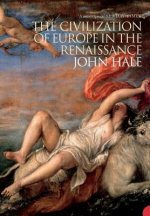
Civilization of Europe in the Renaissance
17.34 € -13 % -

Iran-Iraq War
51.54 € -10 % -
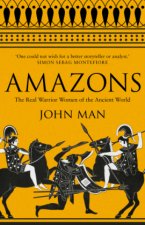
Amazons
12.80 € -18 % -
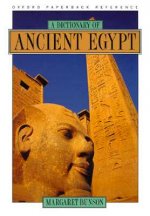
Dictionary of Ancient Egypt
29.55 € -

Marie Antoinette
13.71 € -25 % -

Hidden War
13.81 € -19 % -

German Order of Battle
22.59 € -
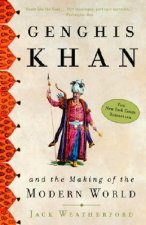
Genghis Khan
19.46 € -7 %
Collection points Bratislava a 2642 dalších
Copyright ©2008-24 najlacnejsie-knihy.sk All rights reservedPrivacyCookies


 15549 collection points
15549 collection points Delivery 2.99 €
Delivery 2.99 € 02/210 210 99 (8-15.30h)
02/210 210 99 (8-15.30h)